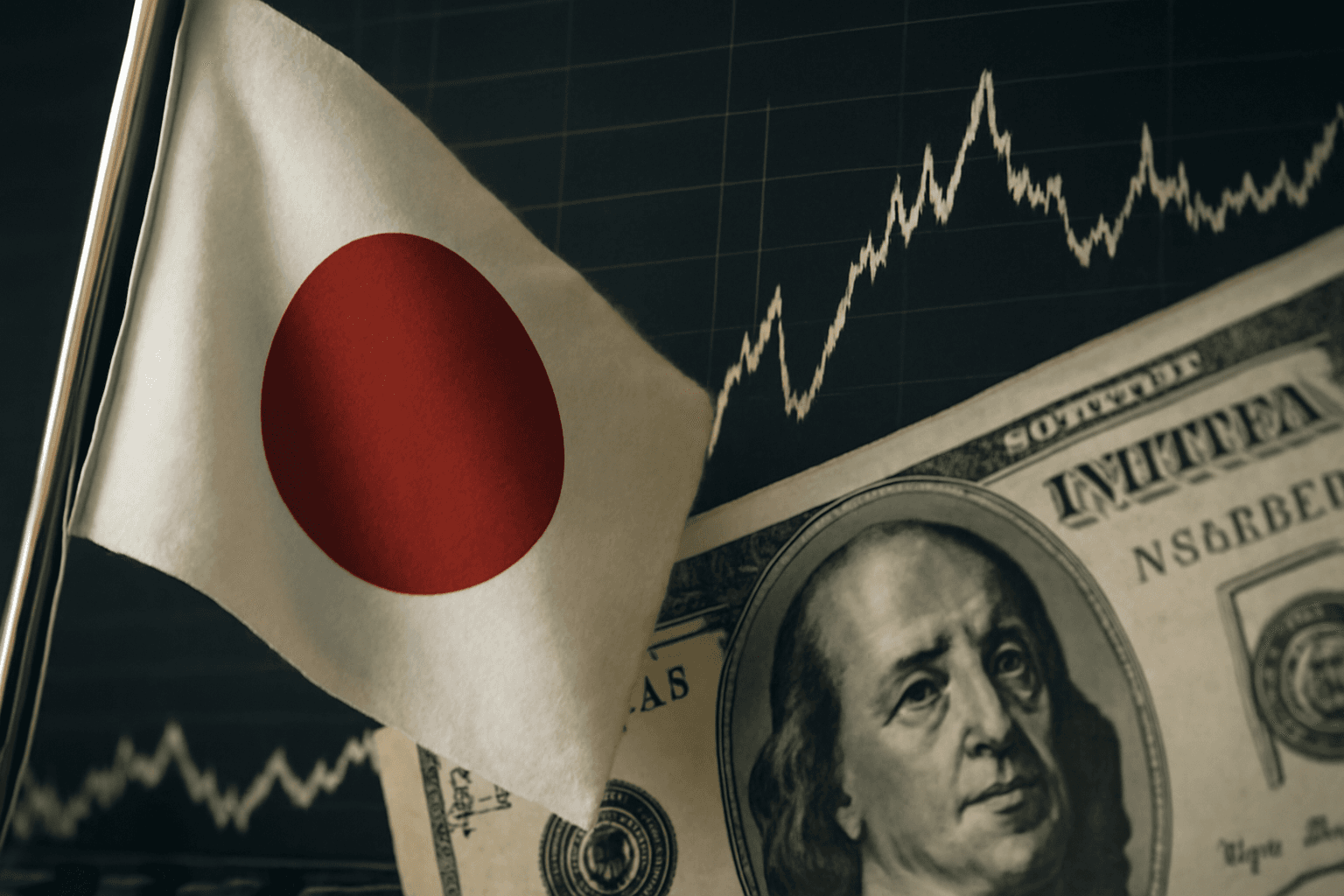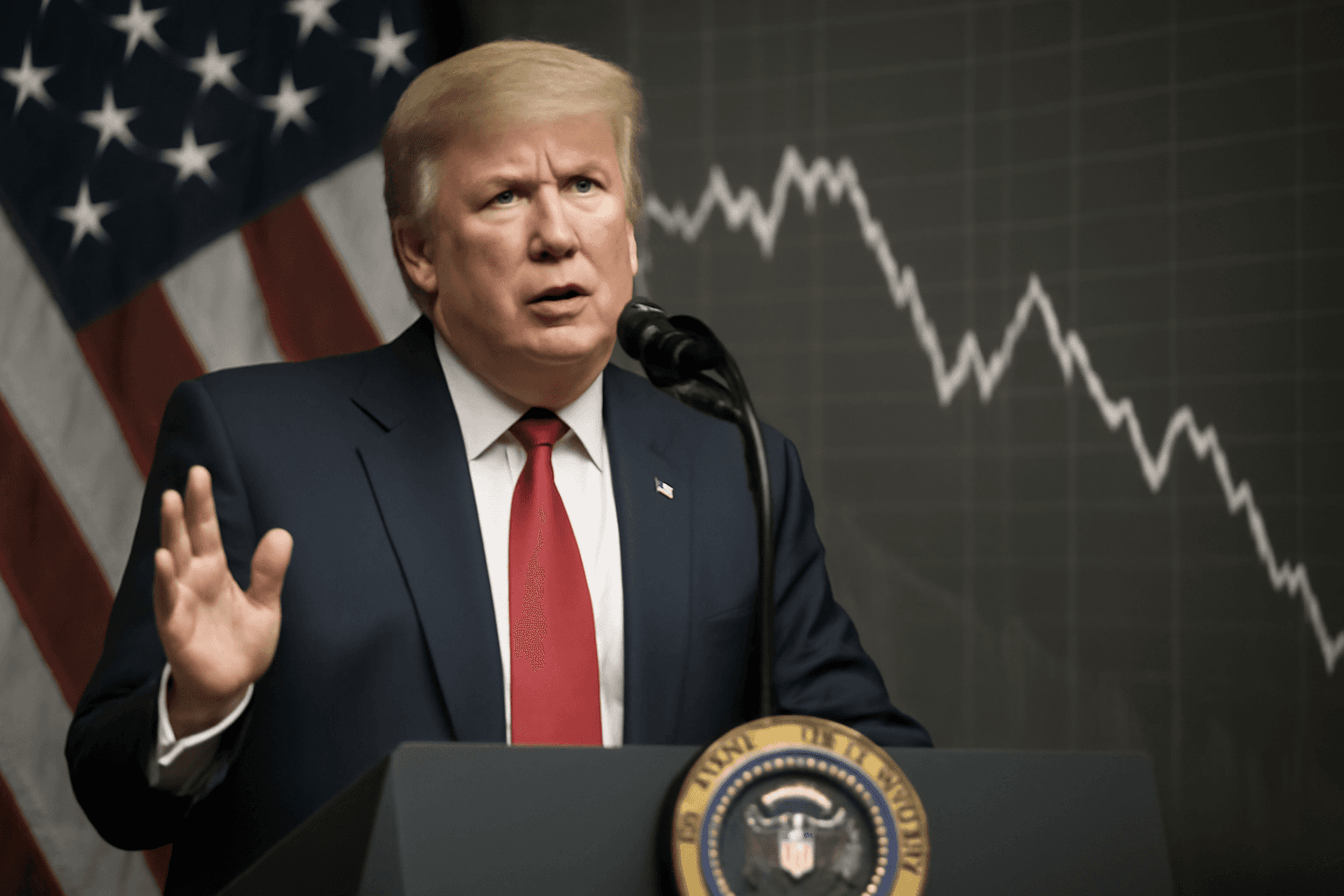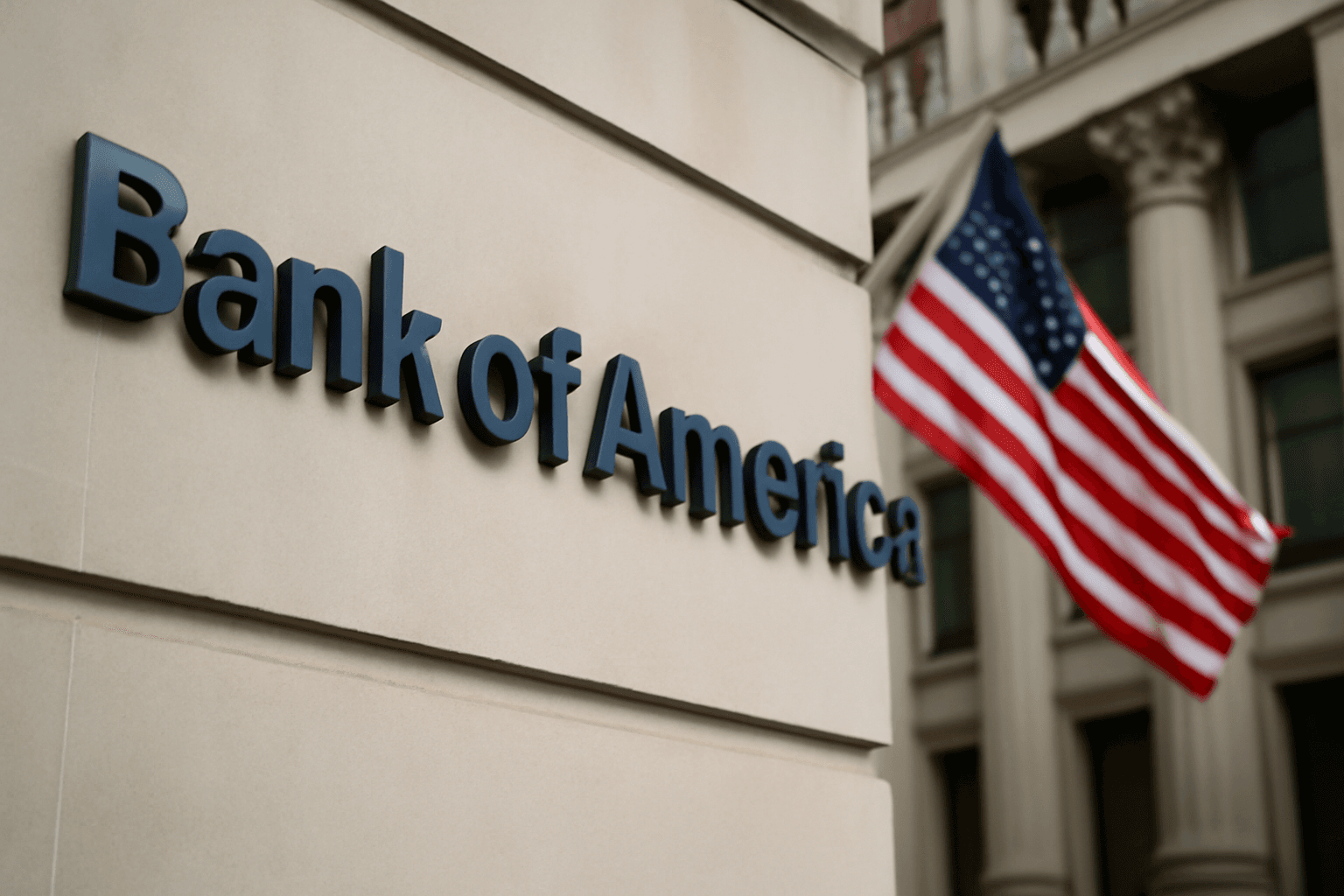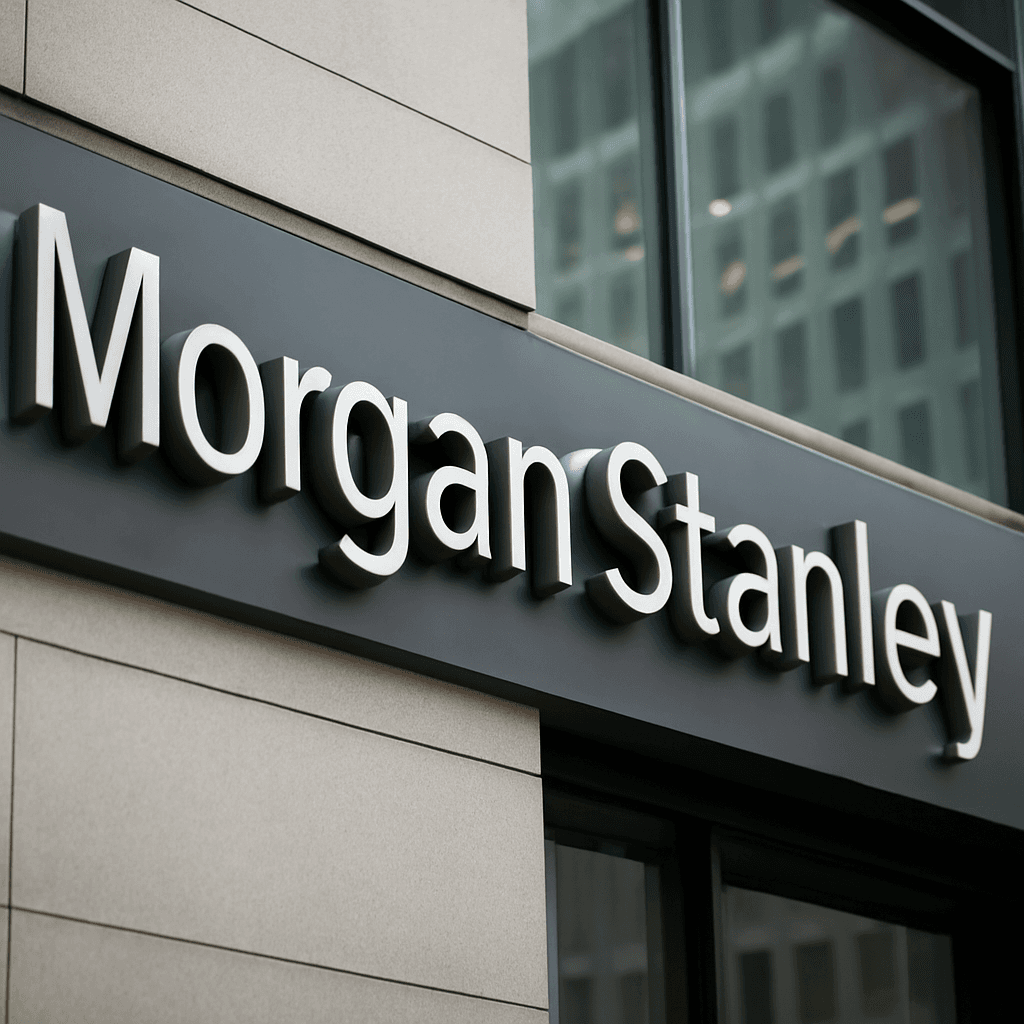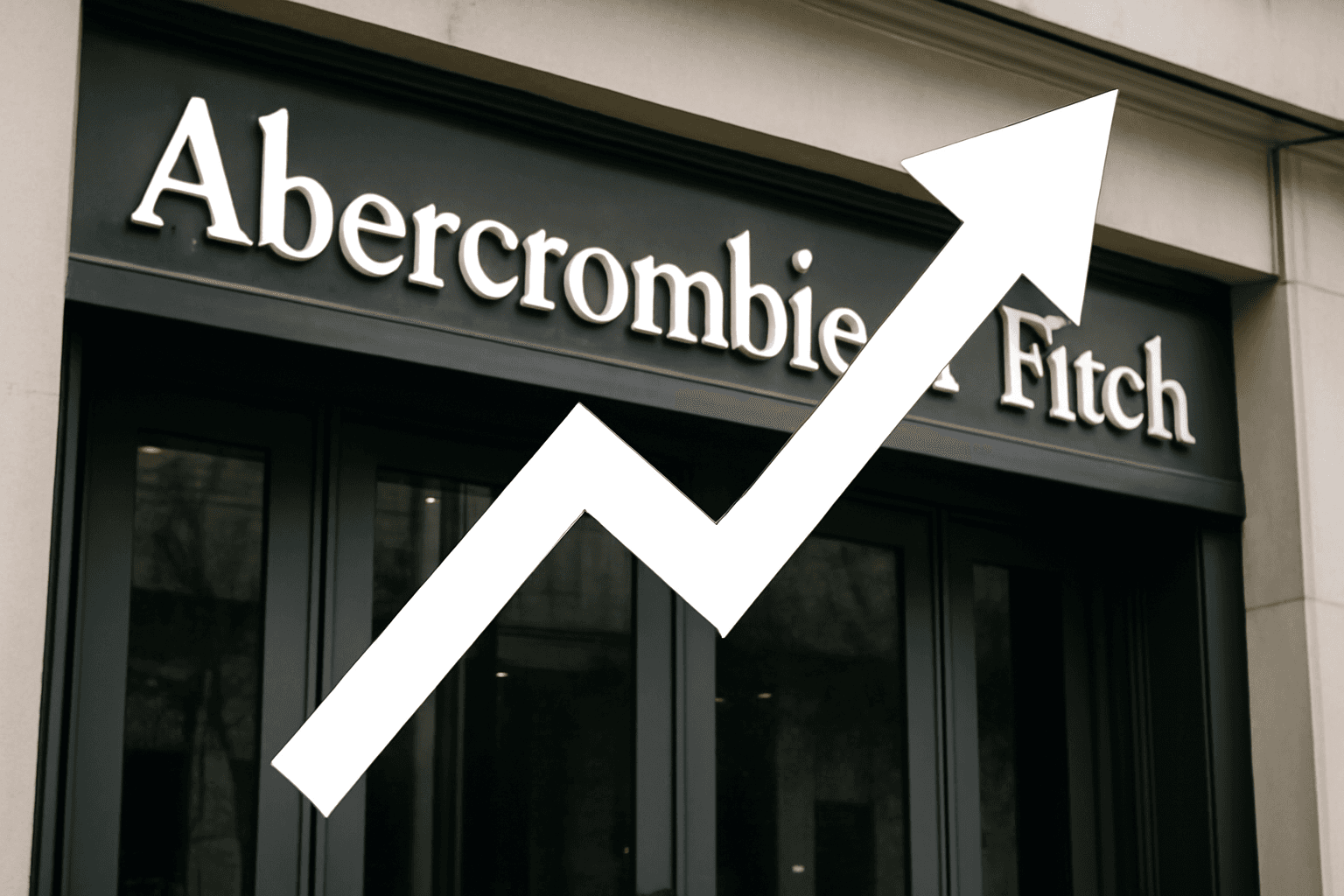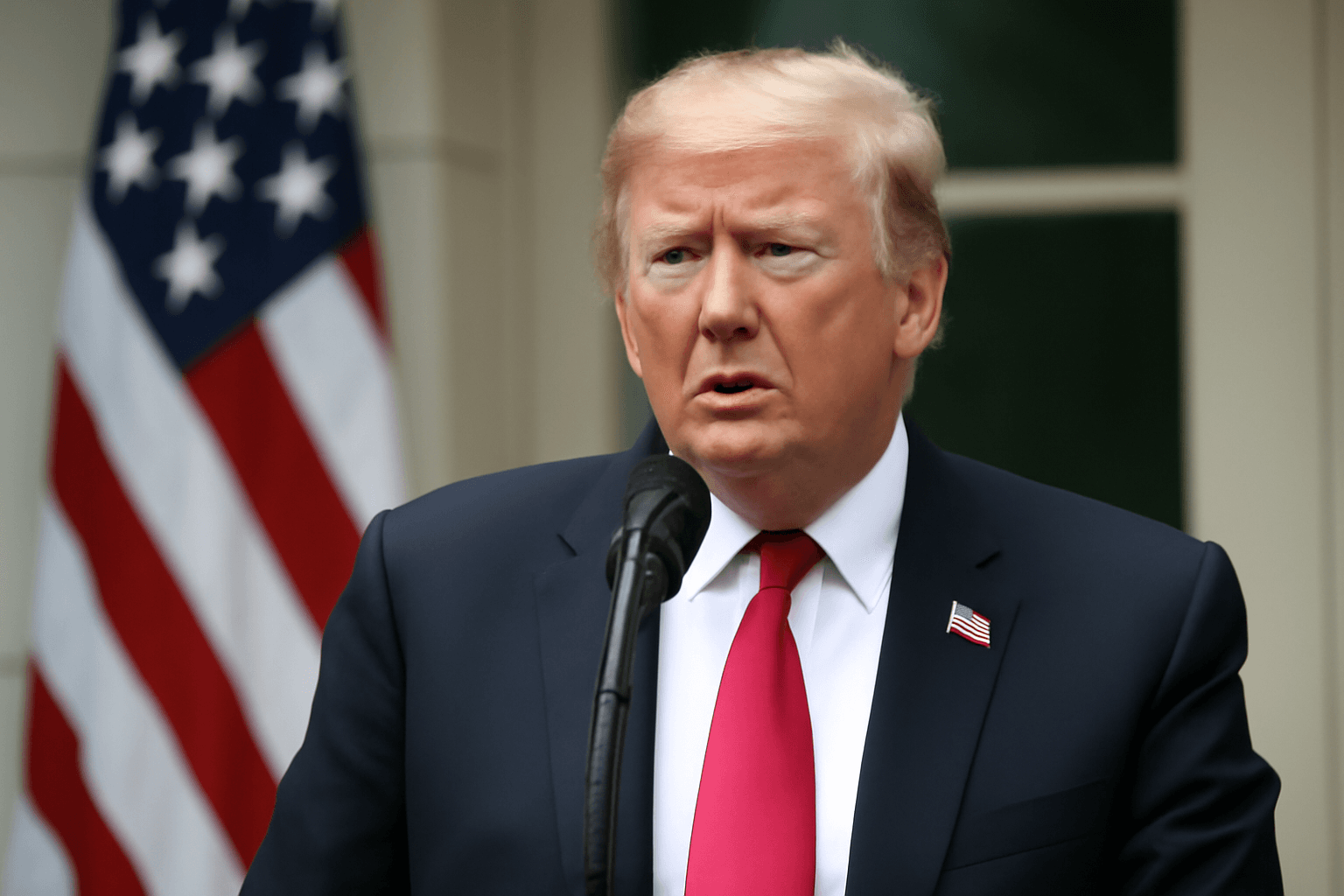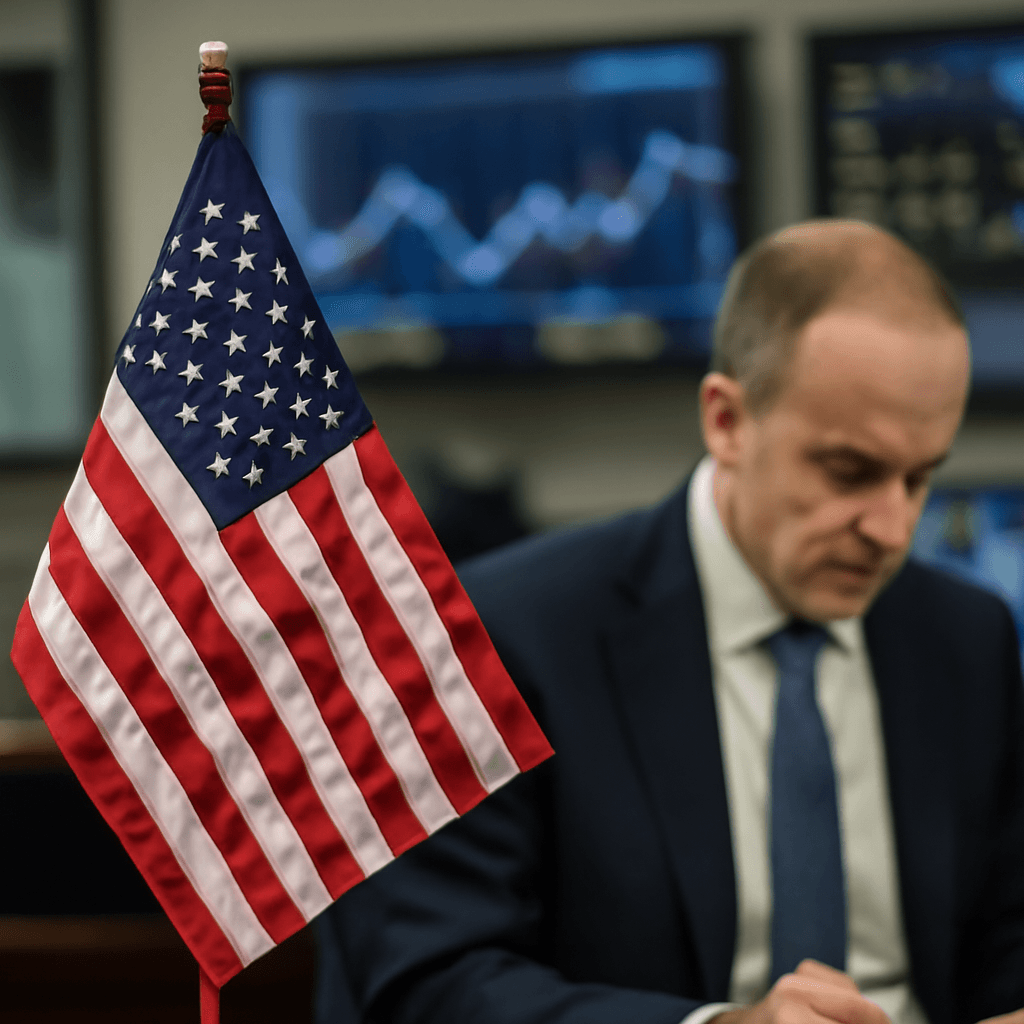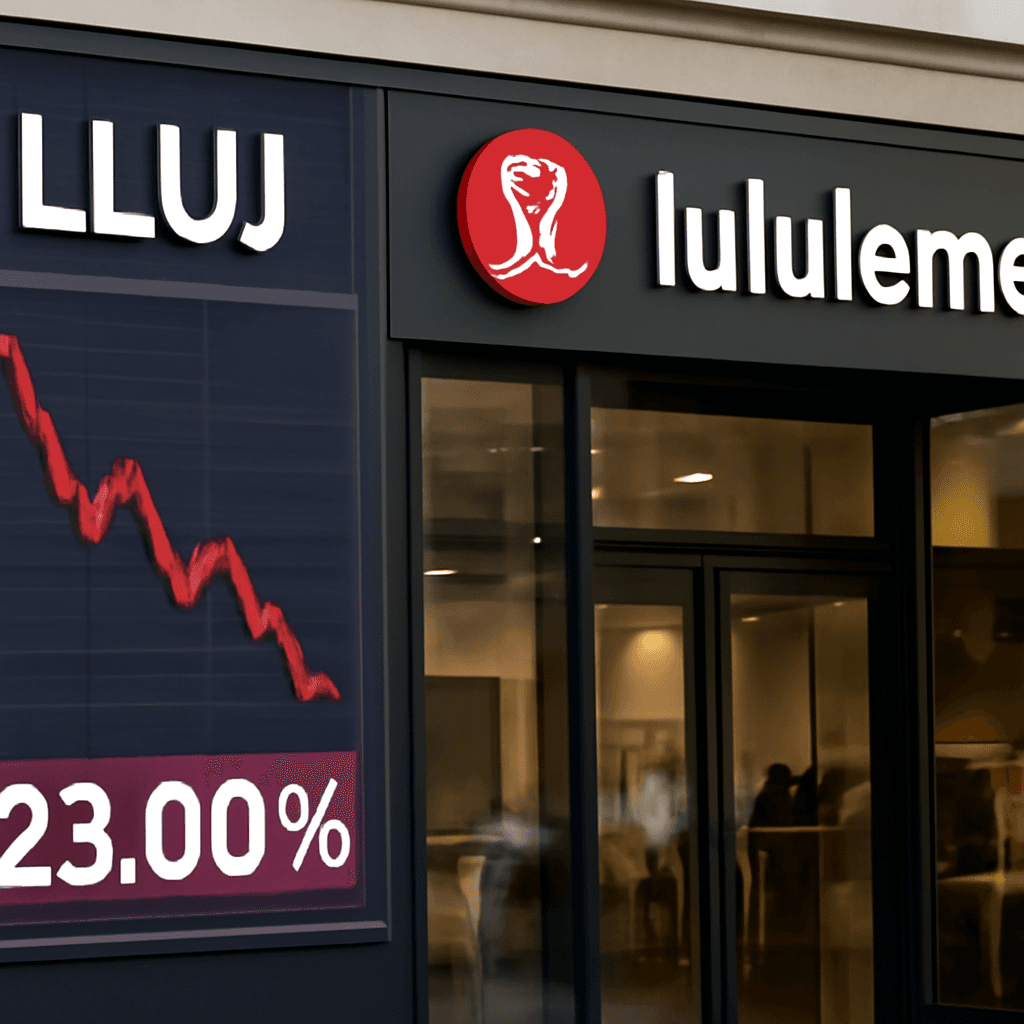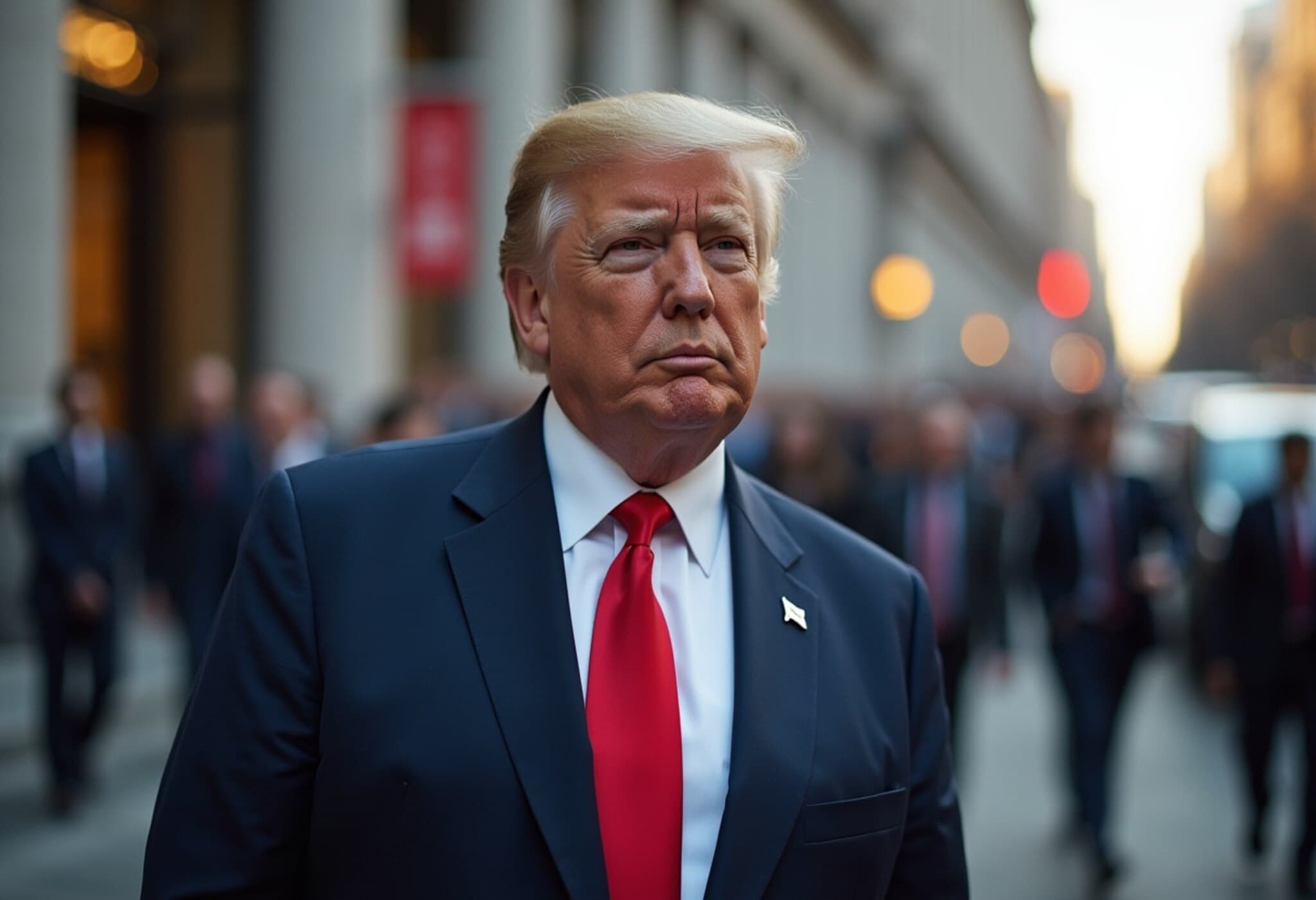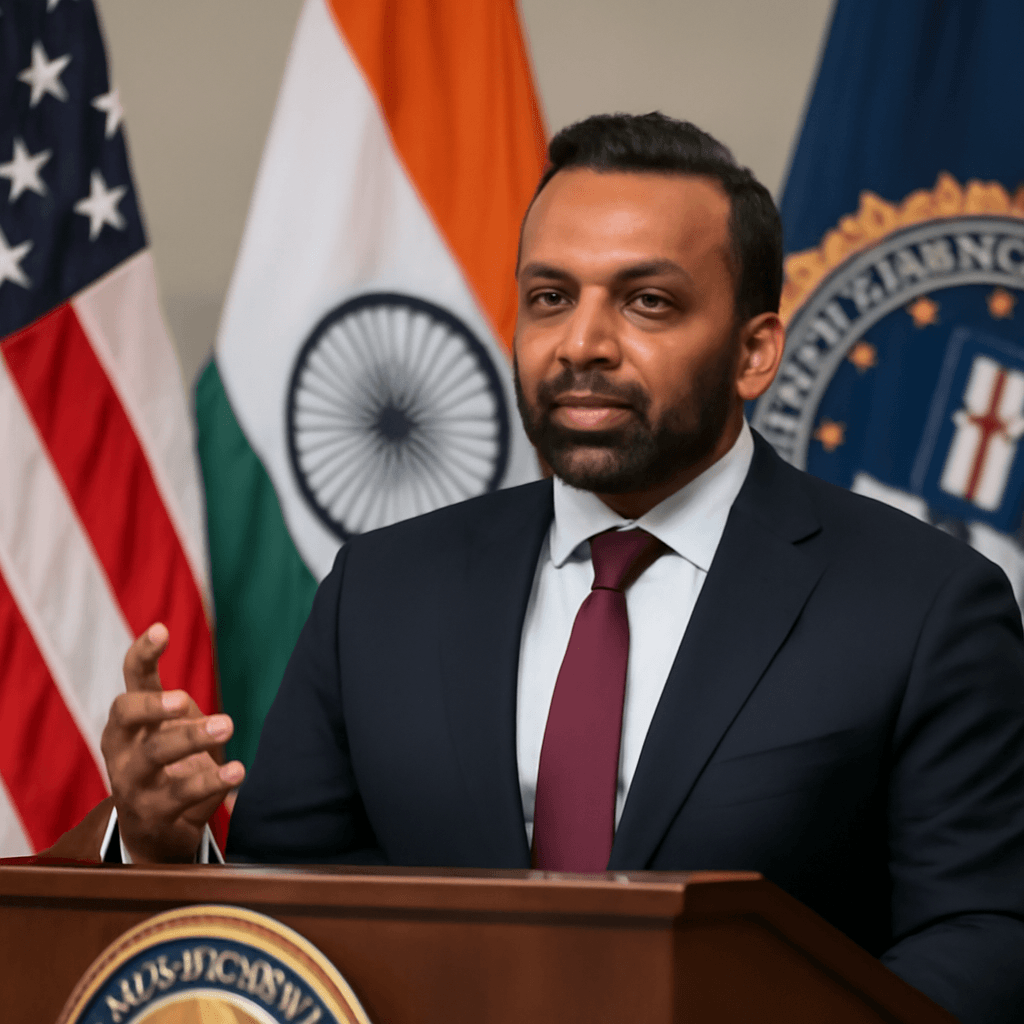Investors Navigate Growing Uncertainty in the U.S. Market
As global headlines continue to shine a spotlight on the United States, investors are reassessing their exposure to the country’s financial markets. Key concerns revolve around President Donald Trump’s tariff policies and a significant spending bill that could impose taxes as high as 20% on foreign investors holding U.S. assets. This climate of unpredictability has prompted many to diversify their portfolios, with some moving capital towards European and Japanese markets to mitigate risk.
Richard Flax, Chief Investment Officer at Moneyfarm, noted the heightened policy uncertainty both within the U.S. and globally, emphasizing that such uncertainty will likely remain a central theme shaping investor strategies.
Social Unrest Adds a New Layer of Concern
Recent riots in Los Angeles, sparked by protests against federal immigration raids, have further unsettled the investment landscape. While experts widely expect no immediate market fallout from these disturbances, the administration’s handling of the situation is under close watch.
Rami Cassis, founder of Parabellum Investments, pointed out that the riots themselves are unlikely to exacerbate market conditions unless unrest expands or persists. However, he underscored that the government’s response will be a critical indicator of the administration’s approach and could influence investor confidence.
In a show of force, President Trump deployed the National Guard to LA and federalized part of California’s Guard, a move criticized by Governor Gavin Newsom. Meanwhile, U.S. Defense Secretary Pete Hegseth warned that Marines are on high alert and ready for deployment if violence continues.
Economic and Policy Implications Under the Microscope
Cassis also highlighted longer-term risks tied to the administration’s stance on immigration, suggesting potential negative impacts on the workforce and resource availability in the U.S. economy.
U.S. Markets Prove Surprisingly Resilient
Despite the turbulence, the U.S. stock market has demonstrated notable resilience. Iain Barnes, CIO at Netwealth, remarked that, nearly six months into Trump’s second term, the S&P 500 remains more than 12% higher year-over-year, defying expectations amid political and economic upheaval.
Barnes attributes this strength to robust profit margins and easing inflationary pressures, although he flags valuations as a growing concern. He also sees attractive opportunities in certain sectors, especially with U.S. Treasury yields becoming more appealing as tariff negotiations evolve.
Shifting Focus: Is Europe Poised to Gain?
John Blank, Chief Equity Strategist at Zacks Investment Research, believes the move away from U.S. assets will persist during the Trump administration’s remaining term. He identifies Europe as a compelling alternative, bolstered by ongoing infrastructure and defense investments alongside a more open approach to immigration and international relations.
Blank suggests that Europe’s welcoming stance towards global partnerships and students contrasts sharply with current U.S. policies, likely driving increased investor interest toward European equities.
In Summary
- U.S. policy uncertainty and political unrest spark investor caution and portfolio diversification.
- Market resilience remains in place, with key indexes like the S&P 500 maintaining strong gains despite volatility.
- Europe emerges as an attractive investment destination amid shifting global dynamics.
As the political landscape continues to evolve, investors will be closely monitoring how policy decisions and social dynamics shape future market opportunities.



